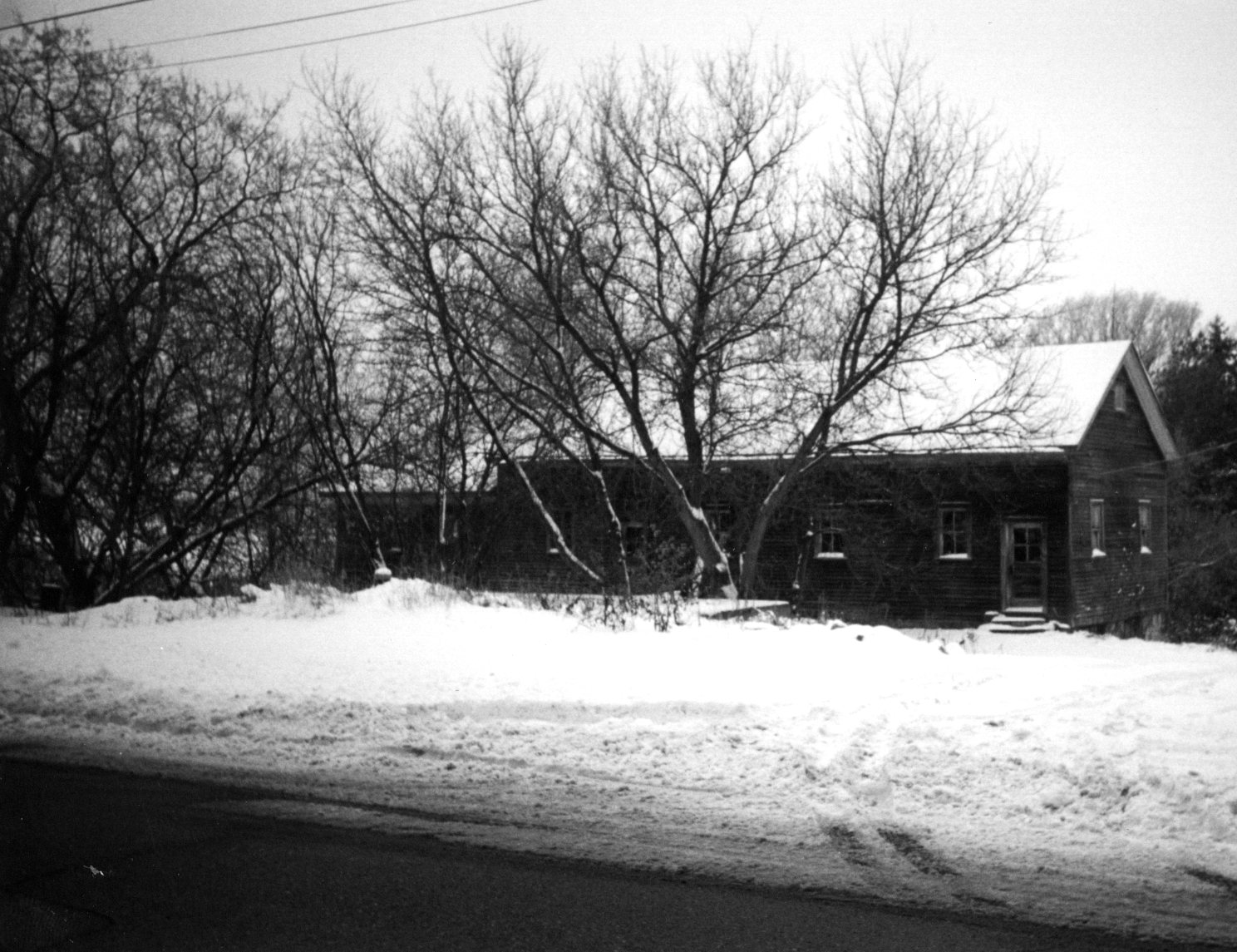Search our Places Database
Rietbrock, Township of
Return To List of Locations | Back to Search
For more information on this location, please contact our research library.

Author:
Mary Moltzan
Location:
T. 29 N. - R. 4 E.
Founded:
Began settlement - 1878
Formallized:
November 12, 1879
Background:
Population 1905-979 plus part of Athens, 2000-927 plus part of Athens.
Separated from the Rib Falls Township in 1880. In the 1870s the country had a severe recession, so a law firm in Milwaukee decided to buy up land owned by the Western Valley Central Railroad to use for possible settlement. Fred Rietbrock, Pierson Halsey and Judge Johnson were part of the law firm.
The settlement Townships of Rietbrock and Halsey began in 1878. Towns and later townships were named after Rietbrock, Johnson and Halsey.
Rietbrock was instrumental in bringing over 7,000 people into western Marathon County. In search of rich farmland the first settlers, being of Polish nationality, bought land from Rietbrock, became lumberjacks, worked in the sawmill of Rietbrock, cleared the land, and started a farming community. With the Johnson, Rietbrock, and Halsey law firm advertising in the Polish-language newspapers, other settlers from Pennsylvania and Poland soon arrived. Most of these settlers were European.
A group of Poles settled and named their community Poniatowski.
A part of the Village of Athens lies in Rietbrock Township, while the majority lies in Halsey Township. (See Halsey Township for info on Athens.)
See Village of Poniatowski
First Public Official:
Peter Teusz (or Theusz)
Biography:
Peter Teusz was among the early settlers.
Post Office Established:
See Village of Poniatowski
About The Post Office:
See Village of Poniatowski
Railroad:
In 1890-91 Rietbrock built a small rail line from Athens to Abbotsford through the northwest corner of the township to get his lumber to market.
See RR in Johnson Township
Churches:
Athens - St. Anthony's Church , Located in Section 6- land donated by Fred Rietbrock. The first church was built in 1886, and the second church was built in 1906.
See Village of Poniatowski
Schools:
The township had four public schools for grades 1 - 8 and a Catholic school. Records show that these schools were begun as early as 1878, and boundaries were set in 1880.
1. Dist #1 - the "Green" School in Section 26.
2. Dist #2 - Hoffman School in Section 4.
3. Dist #3 - Poniatowski "White" School.
4. Dist #4 - Silver Arrow School.
5. Holy Family Catholic School in Poniatowski remained open until June of 1970. It first was a frame building built in 1903. In 1910, a brick-veneered parochial school was built.
The public schools closed in the 1930s and 1940s with children going to consolidated schools in Athens and Edgar.
Business:
Chesak Store and Saloon
Industry:
Sawmills - Rietbrock built a sawmill near Black Creek, so the lumber sawed could be rafted down the creek to the Rib River and on down the Mississippi River. He also encouraged the building of two more sawmills - Braun's and Chezak's.
Creameries - starting in the 1880s, one creamery was operated by Mathias Braun and another was located behind the Chesak Store and Saloon
In 1912, more factories were started such as Matysik's Cheese Factory at Schnappsville
Farming:
According to the soil conservation department of the county, Rietbrock contains a variety of soils, but most of the land is well suited for agriculture.
Early Polish settlers bought farm land on favorable terms from Fred Rietbrock by working for him as lumberjacks and in his sawmill. In 1883, Rietbrock established Helendale Farm north of Athens and developed one of the best herds of Jersey cattle in the state. He helped local dairy farmers improve their herds by loaning some of his best bulls for breeding, charging them $10.00 per year.
Stories:
The floor plans for each one room school seemed to be the same. They were built as one large classroom. One entered from a hall where coats, hats, scarves and caps were hung. Boots were placed neatly on the floor beneath each student's coat. Lunch pails of all shapes and sizes were placed on a shelf built for them. In one corner of the hall was a pail of drinking water, and as years passed these were replaced by water bubblers (a unique Wisconsin term for drinking fountains). According to records, the Poniatowski Public School provided a hot lunch program for the children long before the federal and state programs. Anna Krell Braun, who lived near the school, would prepare a large kettle of soup, stew or noodle and meat dishes at her home. At noon, two of the bigger boys would run and fetch the hot kettle over to the school. The school board provided a two-burner kerosene stove for the teacher to prepare hot cocoa or other extras. The children usually brought their own bread.
In 1986, Madison folksingers, Peter and Lou Berryman, wrote a song about the town and its geographical importance.



